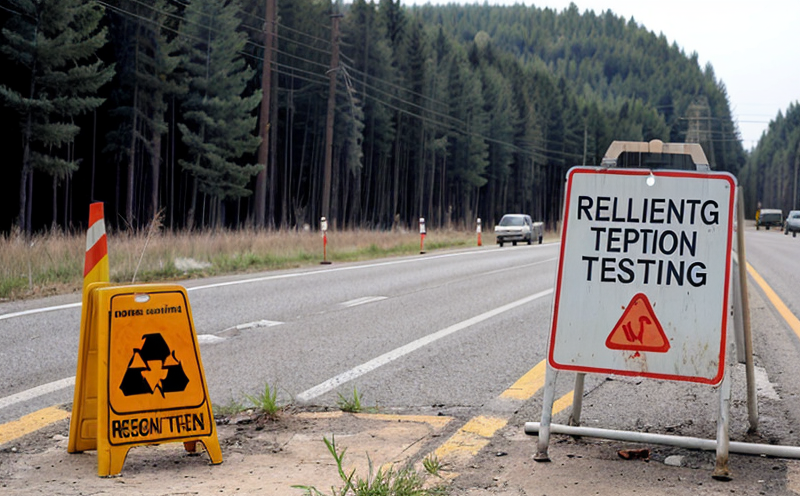ASTM D7300 Radiological Monitoring of Marine Sediments
The ASTM D7300 standard provides a method for monitoring radionuclides in marine sediments, which is critical for environmental protection and compliance with regulatory requirements. This service focuses on the radiological evaluation of sediment samples to identify and quantify radioactive materials present.
Marine environments are susceptible to contamination from various sources, including nuclear power plants, research facilities, and industrial activities. Accurate monitoring ensures that potential risks to human health and the environment can be addressed promptly. This service is essential for industries involved in coastal development, maritime operations, and environmental conservation.
The ASTM D7300 method involves several key steps: sample collection, preparation, analysis using gamma spectrometry, and reporting results. Sample collection must follow strict protocols to ensure representativeness and minimize contamination risks. The samples are then prepared in a controlled environment before undergoing detailed radiological analysis.
Gamma spectrometry is the primary analytical technique used for this service. It allows for the detection of various radionuclides, including cesium-137 (Cs-137), strontium-90 (Sr-90), and technetium-99m (Tc-99m). The method also includes quality control measures to ensure accuracy and reliability of the results.
The ASTM D7300 standard specifies detailed procedures for sample handling, preparation, and analysis. Compliance with these guidelines ensures accurate measurement of radionuclide concentrations in marine sediments. The service provider must be equipped with state-of-the-art equipment and experienced personnel to deliver reliable test results.
Results from ASTM D7300 testing are crucial for environmental impact assessments, regulatory compliance, and risk management. The information obtained helps decision-makers understand the extent of contamination in marine sediments and take appropriate actions to mitigate risks.
Benefits
- Compliance with International Standards: Ensures adherence to ASTM D7300, ensuring accurate and reliable test results.
- Risk Management: Identifies potential risks associated with marine sediment contamination for better decision-making.
- Environmental Protection: Helps in protecting the environment by monitoring radionuclide levels in marine sediments.
- Regulatory Compliance: Meets regulatory requirements for environmental protection and safety.
- Data Accuracy: Uses gamma spectrometry to provide precise measurements of radionuclides present.
- Risk Mitigation: Enables early detection of contamination, allowing for timely interventions.
Eurolab Advantages
Eurolab offers unparalleled expertise in ASTM D7300 radiological monitoring of marine sediments. Our team comprises experienced professionals with extensive knowledge and skills in environmental testing, ensuring accurate and reliable results.
We are equipped with the latest gamma spectrometry equipment to perform precise and efficient analyses. Our facilities are ISO/IEC 17025 accredited, guaranteeing the highest standards of quality and accuracy in our tests.
Our compliance with international standards such as ASTM D7300 ensures that clients receive results that meet regulatory requirements. Eurolab’s commitment to excellence extends beyond testing; we provide expert advice and support throughout the process, from sample collection to final report generation.
Environmental and Sustainability Contributions
The ASTM D7300 radiological monitoring of marine sediments plays a vital role in environmental protection and sustainability. By identifying and quantifying radioactive materials, this service helps mitigate potential risks to human health and the environment.
Accurate monitoring ensures that industries operating in coastal areas can comply with regulatory requirements, reducing the likelihood of environmental degradation. This service also supports sustainable practices by providing data for informed decision-making and risk management.
The information obtained from ASTM D7300 testing is crucial for long-term environmental stewardship. By understanding the levels of radionuclides in marine sediments, stakeholders can implement preventive measures to protect ecosystems and promote sustainability.





